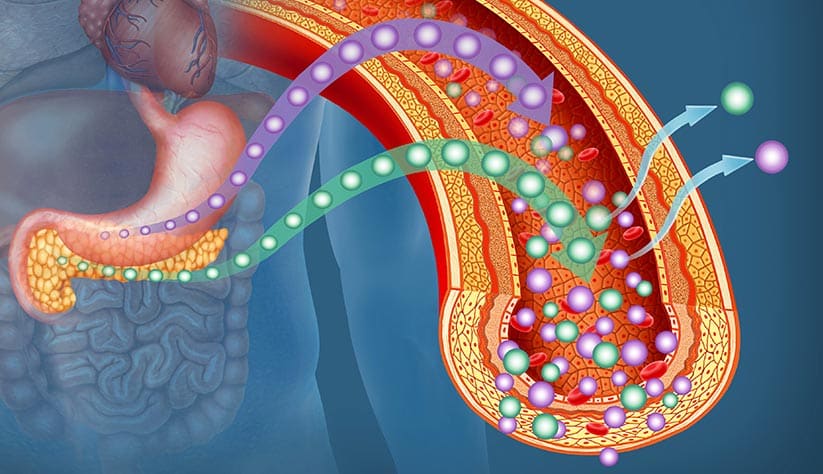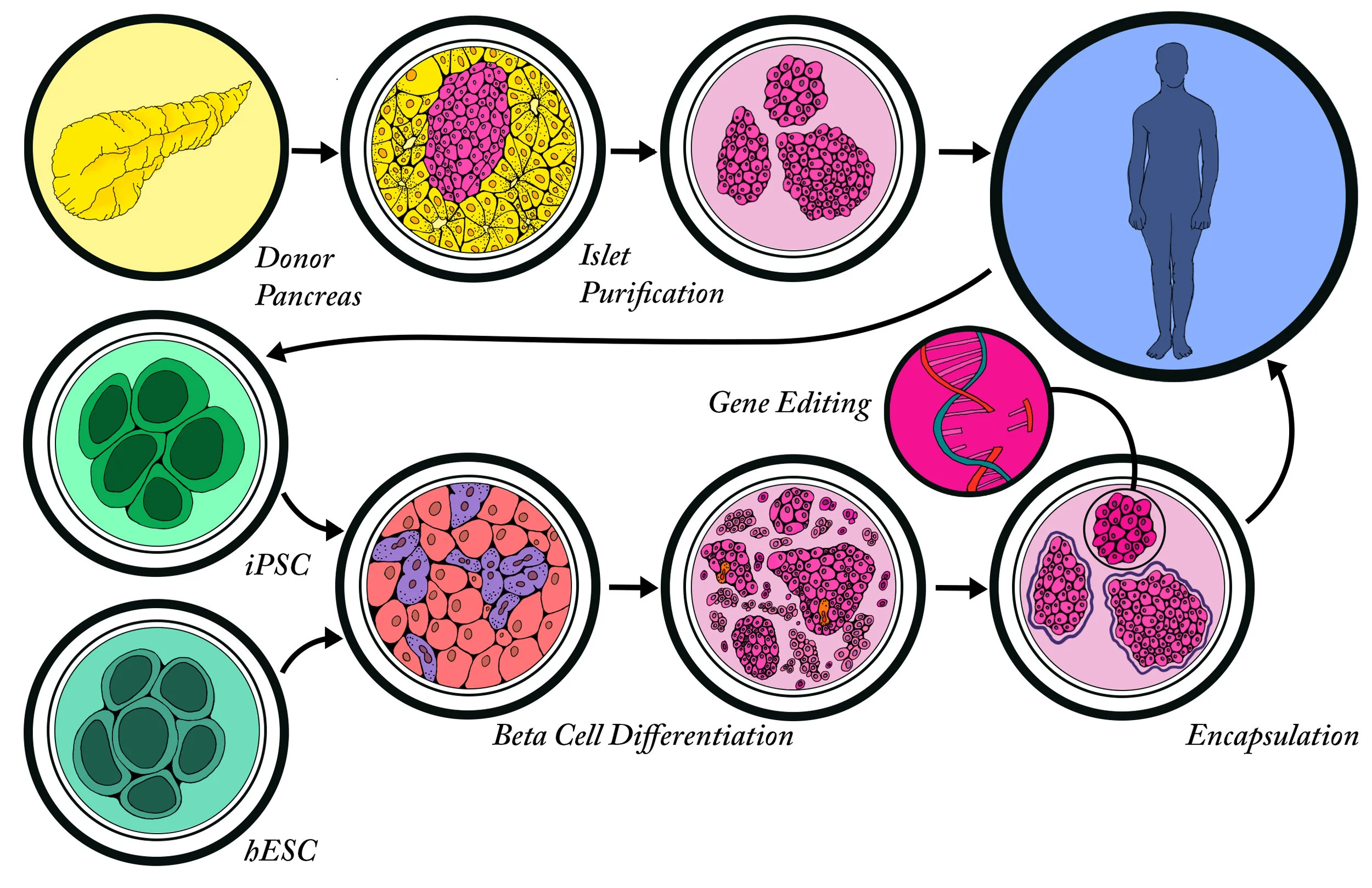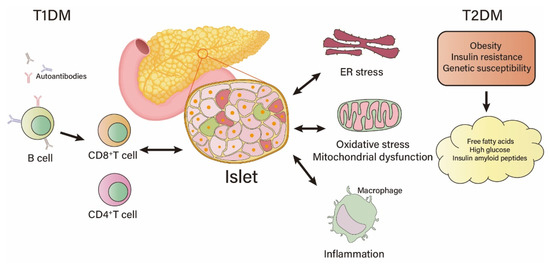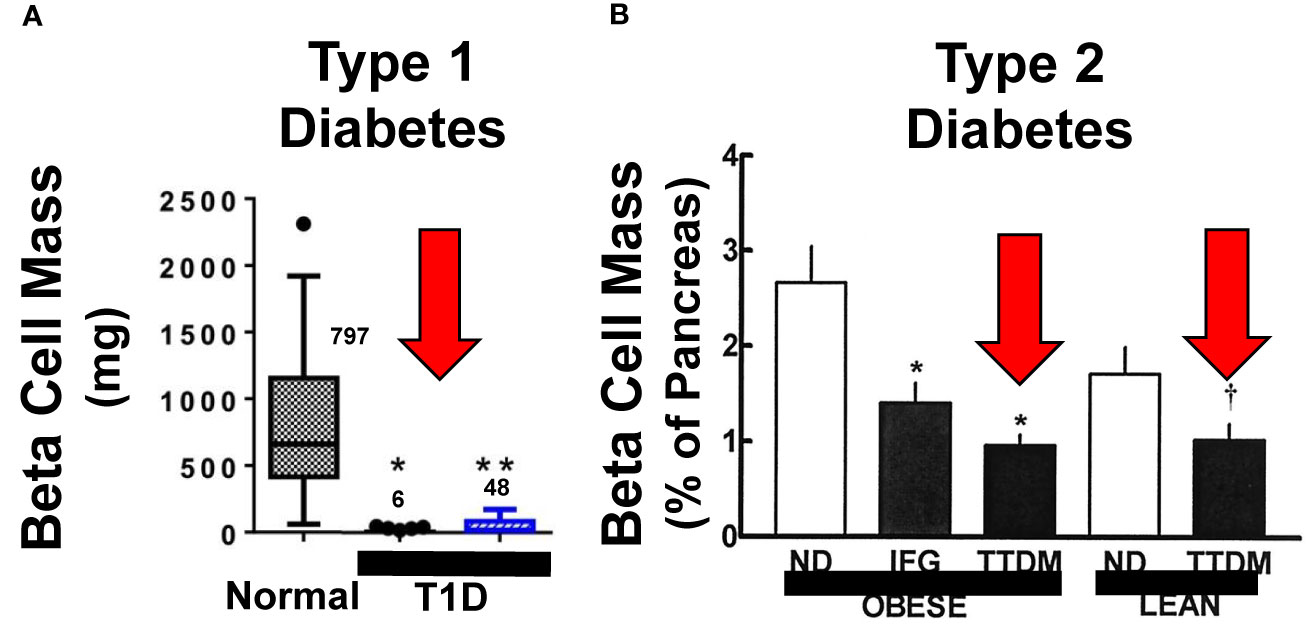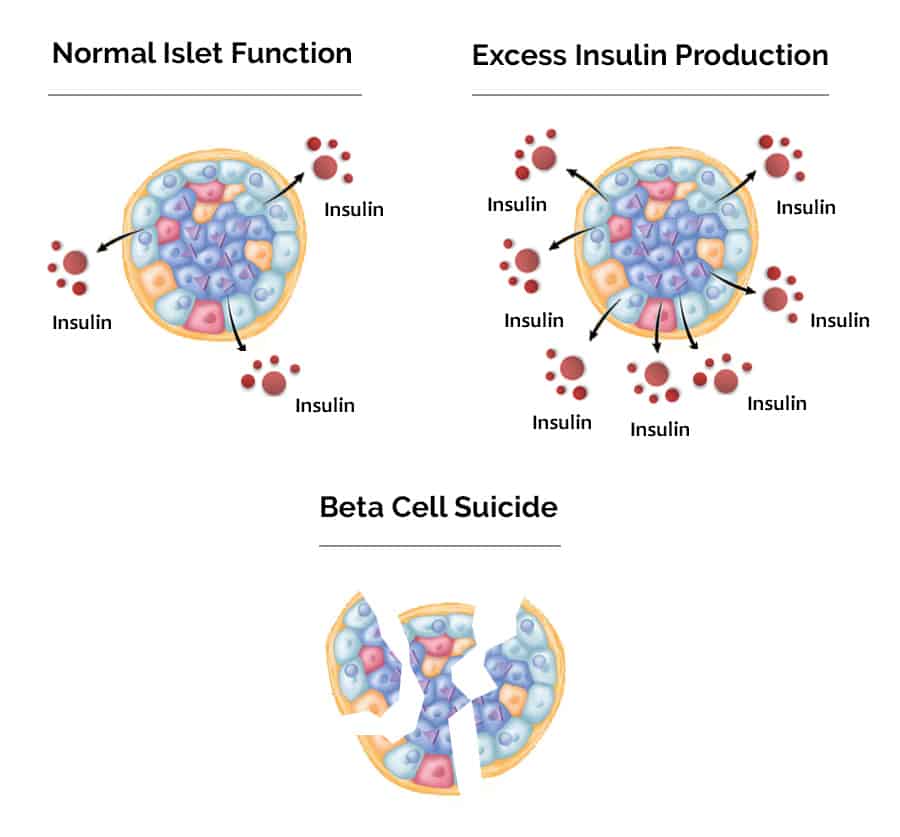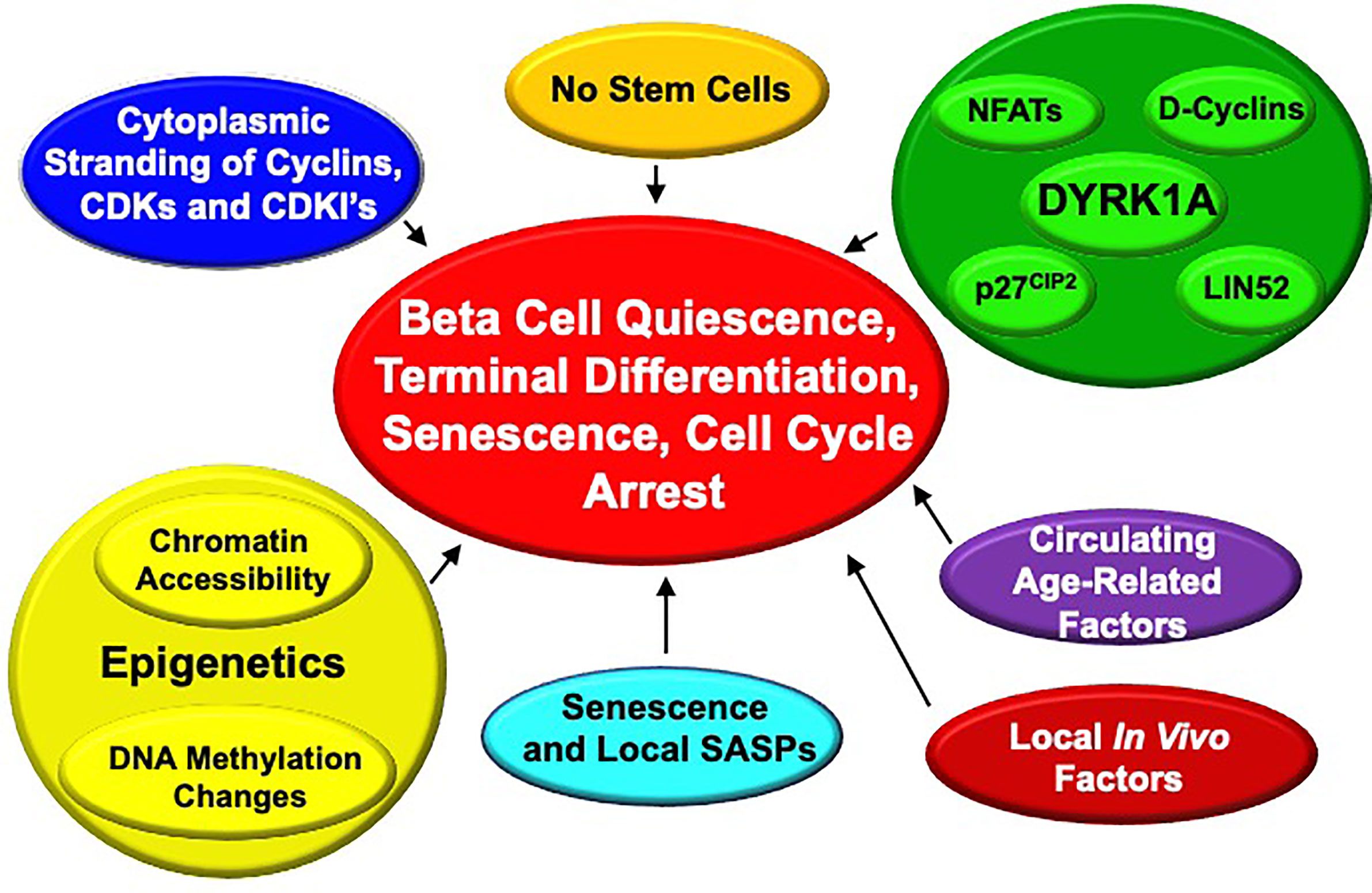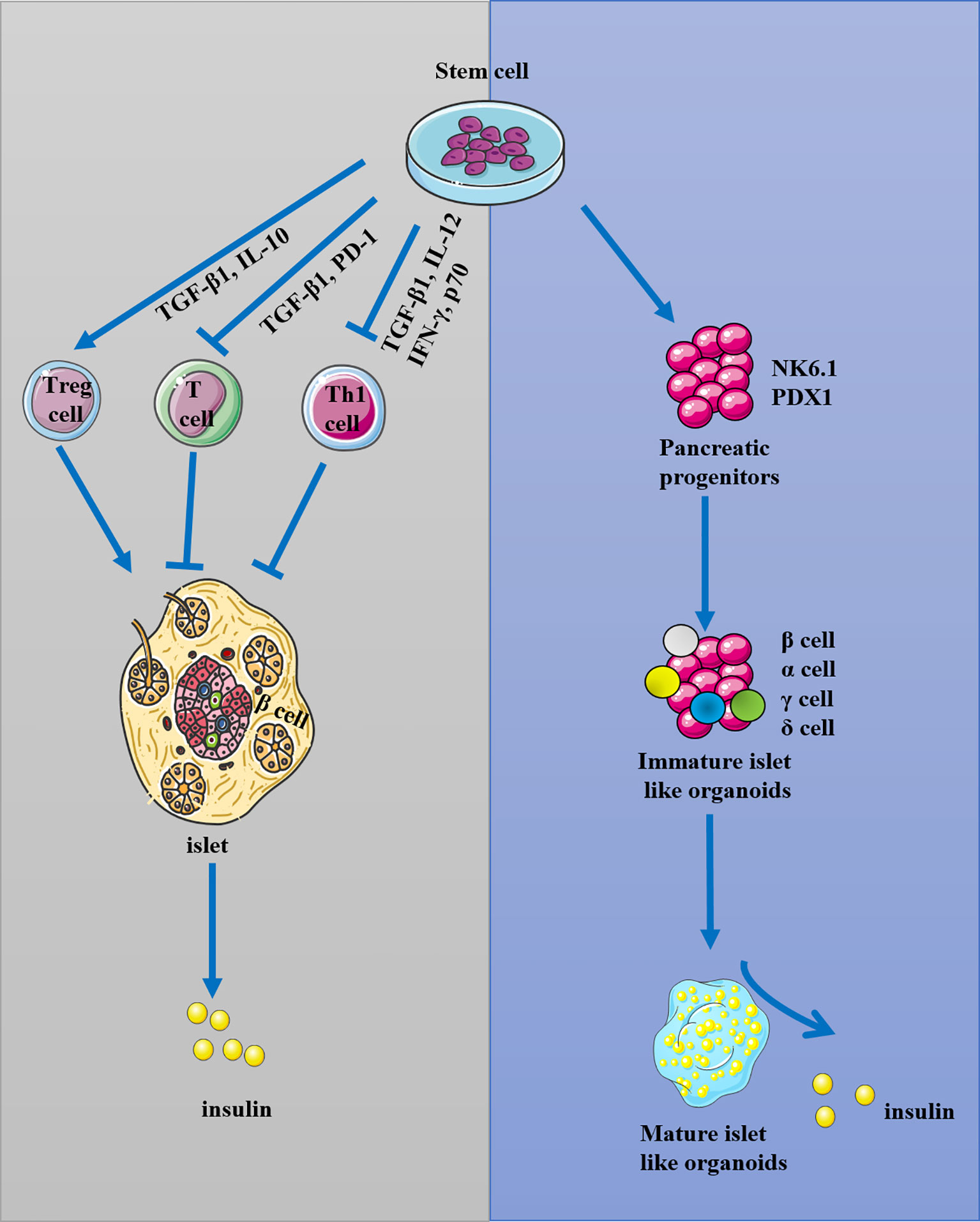Can Beta Cells Regenerate In Type 1 Diabetes

Imagine a world where the daily ritual of finger pricks and insulin injections for people with Type 1 diabetes becomes a thing of the past. Picture the pancreas, that vital organ quietly working behind the scenes, not crippled by an autoimmune attack, but thriving, its beta cells regenerating, producing the insulin needed to sustain life. This dream, once relegated to the realm of science fiction, is slowly, painstakingly, moving closer to reality, fueled by groundbreaking research offering a glimmer of hope to millions.
The central question driving this hope is: Can beta cells, the insulin-producing powerhouses of the pancreas, regenerate in individuals with Type 1 diabetes? While the answer remains complex and isn't a simple 'yes' or 'no,' mounting evidence suggests that under certain conditions, regeneration may be possible, opening new avenues for treatment and potential cures.
The Devastating Reality of Type 1 Diabetes
Type 1 diabetes is an autoimmune disease, where the body's own immune system mistakenly attacks and destroys the beta cells in the pancreas. Without these cells, the body cannot produce insulin, a hormone essential for regulating blood sugar levels.
This leads to a reliance on lifelong insulin therapy, a demanding regimen that can still result in serious complications like heart disease, kidney failure, and nerve damage.
For those living with it, and their loved ones, it is a constant tightrope walk.
The Long-Held Belief and the Shift in Perspective
For many years, the prevailing scientific belief was that once beta cells were destroyed in Type 1 diabetes, they were gone for good. This grim outlook stemmed from limited understanding of pancreatic regeneration and the complexity of the immune system.
However, recent advancements in stem cell research, immunology, and molecular biology have challenged this notion, sparking renewed interest in the possibility of beta cell regeneration.
There's been a paradigm shift from acceptance of permanent loss to a proactive search for regenerative solutions.
Evidence of Beta Cell Regeneration: Glimmers of Hope
Several lines of research suggest that beta cell regeneration is not entirely impossible in Type 1 diabetes. Studies on animal models have shown that certain therapies can stimulate the growth of new beta cells, or protect existing ones from further autoimmune destruction.
Researchers have observed residual beta cell function in some individuals newly diagnosed with Type 1 diabetes. This indicates that some cells may survive the initial autoimmune attack, potentially offering a target for regenerative therapies.
Furthermore, advancements in stem cell research have paved the way for generating beta cells in the lab, which can then be transplanted into patients.
Stem Cell Therapies: A Promising Avenue
Stem cell therapies hold significant promise for beta cell regeneration. Scientists are exploring different types of stem cells, including embryonic stem cells, induced pluripotent stem cells (iPSCs), and adult stem cells, to generate functional beta cells.
iPSCs, derived from adult cells, offer a particularly exciting avenue, as they can be generated from a patient's own cells, reducing the risk of immune rejection after transplantation.
Clinical trials are underway to evaluate the safety and efficacy of stem cell-derived beta cell transplants in individuals with Type 1 diabetes.
Immunomodulation: Protecting Existing and Regenerated Cells
Even if beta cells can be regenerated, it's crucial to protect them from the autoimmune attack that initially caused their destruction. Immunomodulation strategies, aimed at re-educating the immune system to tolerate beta cells, are therefore essential.
Researchers are exploring various approaches, including therapies that suppress the immune system's attack on beta cells, and those that promote immune tolerance, allowing the regenerated cells to survive and function properly.
Combining regeneration strategies with immunomodulation may offer the best chance for long-term success.
The Role of the Gut Microbiome
Emerging research highlights the role of the gut microbiome in Type 1 diabetes. Studies suggest that alterations in the gut microbiome can contribute to the development and progression of the disease.
Modulating the gut microbiome through diet or fecal microbiota transplantation (FMT) may influence the immune system and potentially protect beta cells.
This is a rapidly evolving area of research, offering another potential avenue for therapeutic intervention.
Challenges and Future Directions
Despite the progress made, significant challenges remain. Regenerating sufficient numbers of functional beta cells is a complex undertaking. Ensuring that these cells are properly integrated into the pancreas and can respond appropriately to changes in blood sugar levels is crucial.
Furthermore, preventing the recurrence of the autoimmune attack remains a major hurdle. Long-term studies are needed to evaluate the safety and efficacy of regenerative therapies and immunomodulatory approaches.
Future research will focus on refining these strategies, optimizing beta cell regeneration, and developing personalized therapies tailored to individual patients.
The Ripple Effect of Hope
The possibility of beta cell regeneration in Type 1 diabetes is not just a scientific pursuit; it's a beacon of hope for millions of people worldwide. It's a driving force behind countless research projects, clinical trials, and fundraising efforts.
The potential to reduce or eliminate the need for insulin injections, and prevent the devastating complications of Type 1 diabetes, is a goal worth striving for. Each small discovery fuels the drive for a better future.
Though challenges remain, the progress made in recent years is undeniable, and the dream of a cure is now within reach.
A Future Where Beta Cells Thrive
While a definitive cure for Type 1 diabetes through beta cell regeneration is not yet a reality, the path towards it is becoming clearer. The convergence of stem cell technology, immunomodulation strategies, and a deeper understanding of the disease's complexities, offers a sense of optimism unseen before.
It's a journey that requires continued dedication, collaboration, and innovation, but the potential reward – a life free from the burden of Type 1 diabetes – makes it a journey worth undertaking.
The scientific community is committed to continue pushing boundaries until the prospect of regenerating the lost beta cells turns into a tangible reality, transforming the lives of millions.


